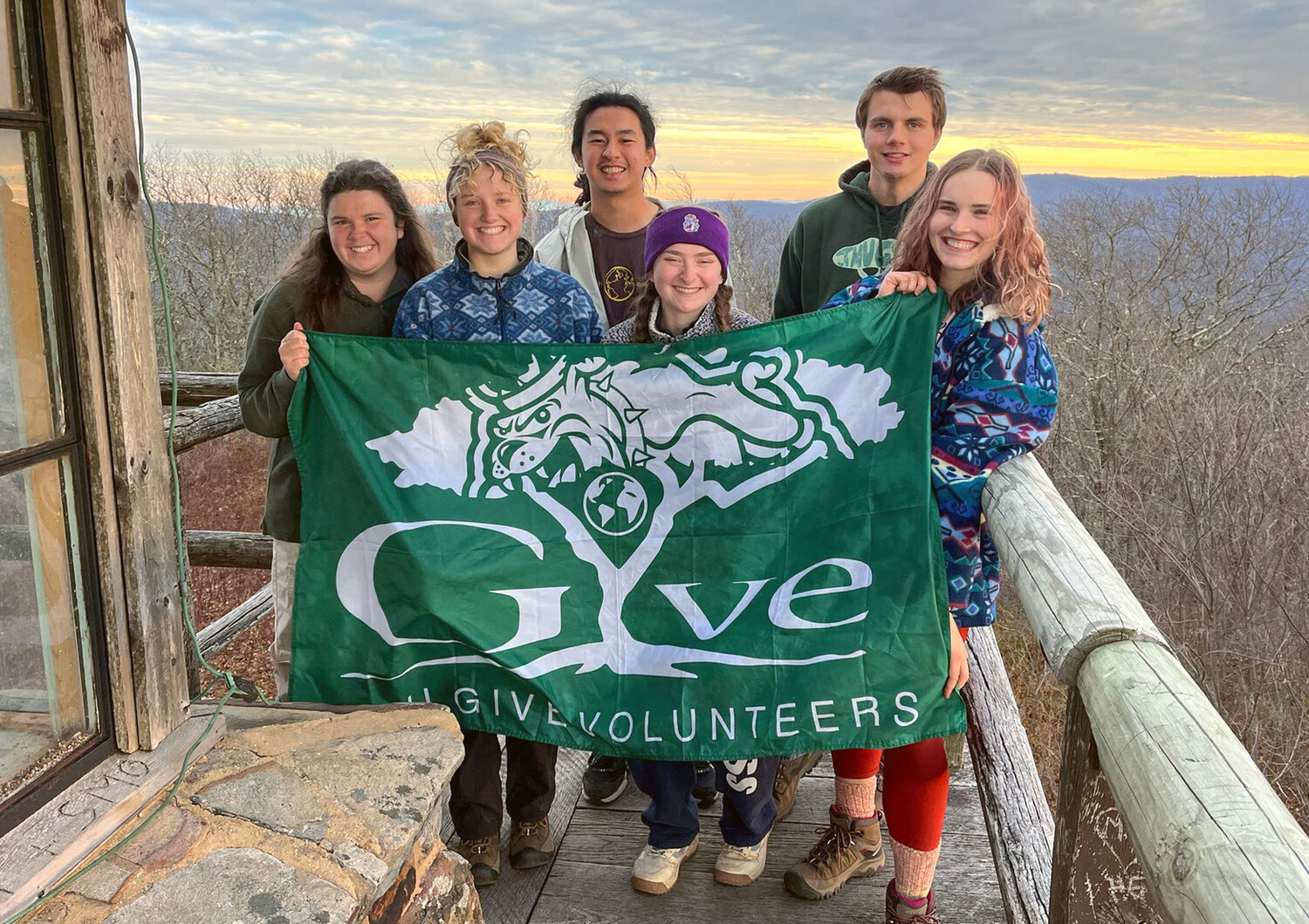The period after Thanksgiving break and before winter break can be one of the most hectic times of the year for Dukes as final exams approach. For many, the promise of visiting family over the holidays and taking part in longstanding traditions helps with the final push of finishing the semester strong.
But holiday traditions don’t have to be traditional.
“When my abuela first came to this country, she had never cooked or done anything like it before, so she did not, and still doesn’t, know how to cook,” said Sabrina Smith, a third-year Communication Studies major. “All she wanted was to make a good Thanksgiving and Christmas for her kids and family, so her thought was that an American holiday equaled American food. Every holiday she makes burgers and hot dogs with Coca-Cola, because that is all she knows how to cook.”
Adam Hill, a third-year Theatre major, said family is at the center of his holiday season. “My family eats Oplatki each year on New Year’s. It’s a popular tradition in Eastern Europe, especially Poland. A lot of families do it on Christmas Eve, but we usually host on New Year’s so we do it as a way to celebrate our accomplishments and challenges this year, as well as wish each other luck in the next.”
Oplatki are Polish Christmas wafers that symbolize the love and thankfulness family members have for each other. For Hill and his family, the tradition reaches everyone, young and old.
“The ceremony is short and simple: Someone, usually my mom or dad, takes a wafer and writes someone’s initial on it with honey and then gives it to that person as they wish them good luck. This continues until everyone is given a wafer — usually youngest to oldest — and then we do a toast and everyone eats them at once.”
Not every Duke is able to make it home for the holidays or the various breaks throughout the school year.
Chloe Lee, an international student from South Korea, spends her breaks making her own traditions.
“For shorter breaks, like Thanksgiving or fall break, I stay in Harrisonburg or I travel the states,” Lee said. “This past Thanksgiving, I got to visit New York City for the first time. However, I do travel back home for long breaks like summer and winter.”
Lee said she used to not travel home for winter break because of the distance, but recently she has been making the journey because it helps with her mental health.
“I went home last winter break to see my family and friends. I think going home and taking enough rest is important for my mental health, because I can recharge my energy, which motivates me to study even harder here at JMU.”
Lee’s holidays at home include eating traditional Korean foods as well as wearing hanbok, the traditional clothing of the Korean people.
JMU’s most well-known holiday tradition is the annual tree lighting on the Quad. This year marked the university's 40th tree-lighting ceremony. In recent years, the Christmas tree has been renamed the “Unity Tree” to foster a more inclusive environment on campus around the holidays.
